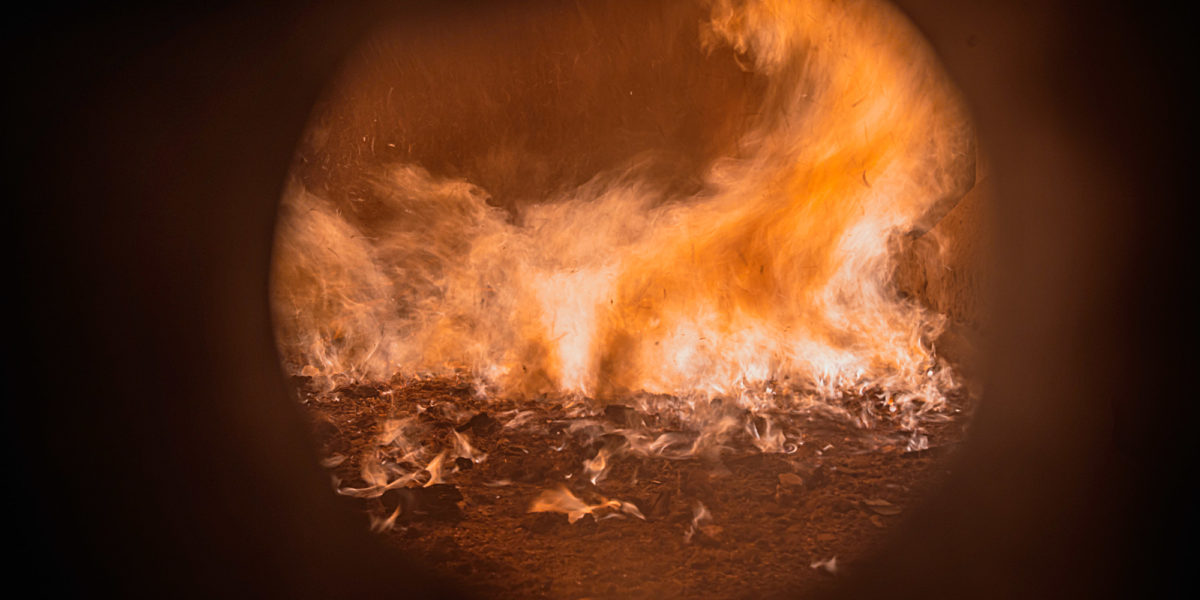
Putting everything to use: carbon capture and utilization at North Sea Port

If we look at the Bio Energy Base as a hive producing and distributing renewable energy to factories that settle around it, the image of an organism arises. One might call it an ecosystem, where the eco means both the economical and the ecological.
As happens in nature, the relationships between all entities can be described as symbiotic. The inputs in a factory’s production process might very well be the residuals of another one's production process. It takes a circular mindset to look at value chains as essentially open ended.
Nothing illustrates this better than the North CCU Hub. This consortium of industrial and academical players applies the circular philosophy to CO2 itself. To mitigate climate change, the first and foremost effort exists in eradicating CO2 as a byproduct of production processes.
But the next step is to use that CO2 to produce valuable derivatives. Capturing and upcycling CO2, to use it as a production factor flanks and speeds up the efforts which are driven by the innovative forces to remove the greenhouse gas altogether. It is like a pincer movement.
The North Sea area has much potential for carbon capture and upcycling. It has an estimated presence of 20 million tons of CO2, and a vast range of players in the heavy industry, (bio)chemical, waste and energy sector who can help figure out ways of using CO2 to create added value and further investigate carbon capture.
BEE, present with the Bio Energy Base, has joined the North CCU Hub in 2021. It is a natural next step. We continuously and carefully investigate every opportunity to exchange knowledge and to expose new ways to co-create value.
Convinced and ready to cooperate with us?
BEE has all the technical and financial expertise in-house with a proven track record in renewable energy sources such as heat, sun, wind and bio. We are happy to discuss the possibilities for your project together!

